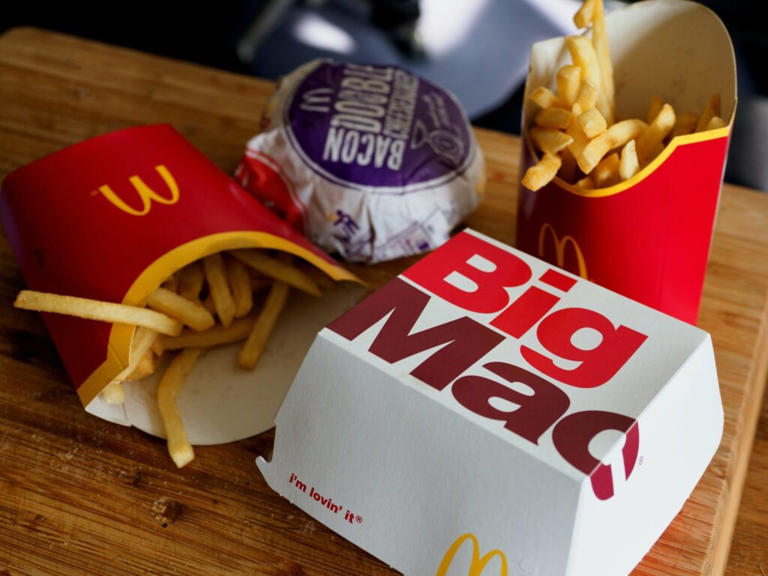The increase in California’s minimum wage, from $16 to $20, presents significant challenges for thousands of restaurant operations across the state, particularly in the fast-food industry. To cover the increased labor costs, many fast-food restaurants have been forced to raise menu prices. However, this strategy has met with resistance from consumers, who find it increasingly difficult to afford their favorite fast-food items due to the higher prices.
McDonald’s, one of the largest fast-food chains, has been in the spotlight for its notable price increases. For instance, the cost of a Big Mac combo meal, previously considered an affordable option, has surged to $18 in California. As a result, low-income customers are now cutting back on their fast-food consumption, further exacerbating the challenges faced by these businesses.
In response to the wage hike, fast-food corporations like McDonald’s, Popeyes, and Pizza Hut have resorted to laying off employees to mitigate the impact on their bottom line. For instance, Pizza Hut has announced plans to lay off over 1,200 staff members. Additionally, some companies, such as El Pollo Loco, are turning to automation to reduce labor expenses, leading to increased unemployment rates.
The minimum wage legislation signed by California Governor Gavin Newsom has faced criticism from various quarters, including business owners, consumers, and right-wing politicians. They argue that the burden ultimately falls on consumers as restaurants are compelled to raise prices to cover costs. However, Newsom defends the legislation as a necessary compromise, emphasizing its role in ensuring fair wages for workers.
Tia Orr, executive director of the Service Employees International Union California, views the increase in minimum wage as a positive step towards creating a more equitable economy. While acknowledging that some layoffs may occur as a result of the legislation, she highlights the benefits for over half a million fast-food employees who now earn a more livable wage.
As the minimum wage increase takes effect, there is uncertainty about its impact on restaurant operators, job markets, and consumer pricing. With California’s unemployment rate rising to 5.3% from 4.5% the previous year, concerns linger about the broader implications of the wage hike on the state’s economy.
Amidst the debates surrounding the minimum wage legislation, some netizens have raised concerns about the employment practices of fast-food employers, alleging the exploitation of undocumented workers at wages below the federal minimum. Others have pointed out disparities in wages between fast-food workers and other professions, highlighting broader issues of income inequality and wage stagnation. These discussions underscore the complex socio-economic challenges facing both businesses and workers in the fast-food industry and beyond.
